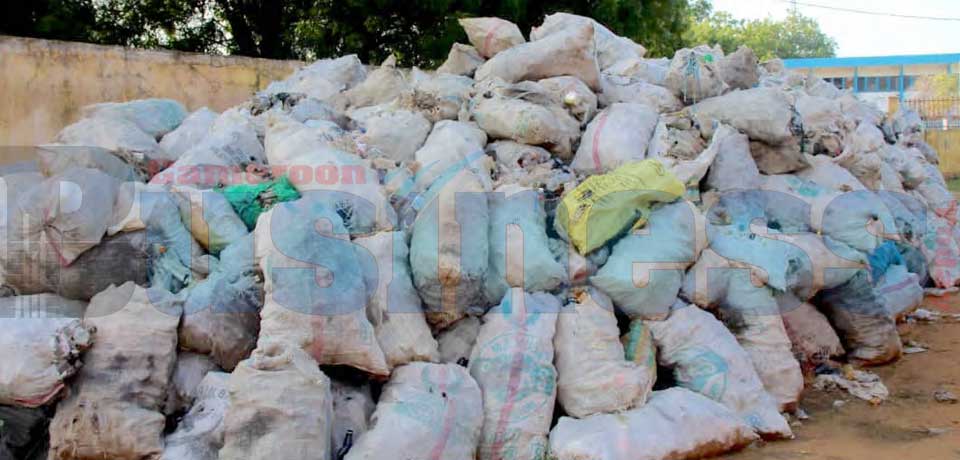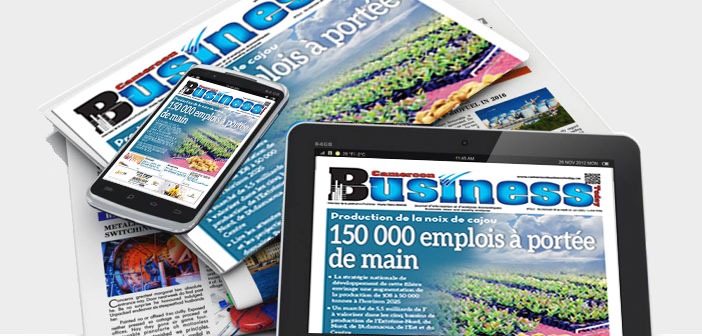Although some people may consider it too early to deliberate on Donald Trump’s legacy, I have a contrary opinion. Like nobody before him, the 45th US president has revolutionized the debate on economic warfare with possible change in the way scholars will deliberate on this theme in the coming years. Economic warfare is common in newspapers nowadays. According to Beijing, Trump triggered the greatest economic warfare in economic history. Trump stresses on the fact that US imports of Chinese goods were worth 505 US $ billion in 2017 against US exports of only 120 bn to China. To solve the 375 bn trade deficit (an increase of 8 per cent compared to the 2016 deficit), Trump imposed tariffs of 34 bn on Chinese steel. China’s retaliation was immediate – imposed new tariffs on US imports. In response, Trump hit Chinese imports to the US with additional tariffs of 16 bn. Consequently, China imposed additional tariffs on US goods. An angry Trump ordered another tariff increase of 200 bn on Chinese imports to take effect as from September 2018, threatening to reach 400 bn by the end of the year. China has vowed more retaliations in the trade war. To understand the Trump revolution, let us remind ourselves of the 80s free trade quarrel when two major MIT scholars representing two strikingly divergent views clashed when it came to explaining globalization and its implications. Globalization critic Lester Thurow was among the first to assume that unemployment in western countries was due to relocations of native companies in Japan or Mexico where low-wages were the rule. The New York Times columnist Paul Krugman challenged him that technology rather than relocation was to be blamed. According to Krugman, unskilled workers in western countries watched robots, skilled and more competitive workers snatching job opportunities from them. The influential Professor continued that the nature of relocation concerned only manufacturing tasks whereas design functions were still in western countries and would remain there. Some years later, Paul Samuelsen’s second round theory stated that in the first leg of globalization, China would acquire manufacturing skills, but would later on acquire design skills during the second round of the game. This according to Lester Thurow and Robert Reich, will remain a zero sum game – a game where there is only a winner and where one can only win what others lose. On the contrary, the Nobel Prize-winner repeatedly assumed that free trade is a positive sum game, a game where everyone wins. Although successive US presidents officially applied free trade rules, they secretly practiced protectionism. So did their counterparts of the G20. For several years, every annual meeting of this free trade syndicate has been sanctioned by a communiqué firmly condemning protectionism amidst increasing numbers of trade barriers in liberal countries. The status quo changed in 2017, the first year Donald Trump joined the club. At the end of the meeting of the monetary and financial committee of the IMF, Trump refused to sign a communiqué condemning protectionism. He happily signed it when Wolfgang Schäuble removed the phrase on protectionism. In 2018, Trump angrily left the G20 summit in Canada before it closed and instructed his team not to sign the final communiqué. What will happen in 2019? Will Trump even attend the reunion? Trump’s actions are a serious threat to the free trade orthodoxy. The dominant school of thought that free trade is a positive sum game is embarrassed since Donald Trump leads a fierce battle to reverse a US $ 375 bn trade deficit with China. Thanks to Donald Trump, we will irreversibly think of economic warfare as something normal, no matter the long-term effects. Because Krugman’s charismatic voice was so loud, free trade used to be seen as something good if not a religion. The idea that trade brings peace among nations has fallen into oblivion. The principles of free trade are like religion – you either believe in it or not. On the contrary, the reality of free trade is a war – you either...
- Fil Eco
- Enquête de la semaine
-
Marchés & FINANCES
-
Marchés
-
Finances
-
-
Cahiers de l'entreprise
-
Catégories
-
-
-
-
-
- Made in Cameroon
- Débats et analyses
- World Business
















Commentaires